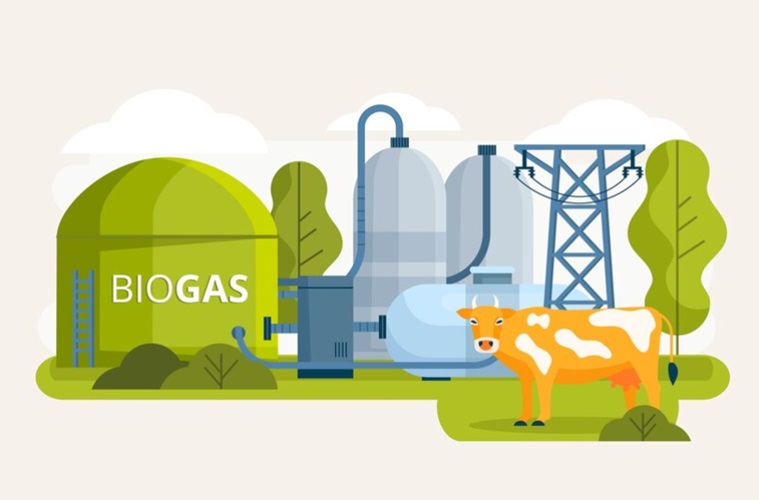UK Member of Parliament Noah Law has called for urgent policy changes to speed up the growth of biogas, highlighting that regulatory hurdles are hindering the sector’s ability to contribute to the country’s energy transition.
Law made his comments at the Eden Project in Cornwall, a renowned hub for sustainability and biodiversity, after visiting Fraddon Biogas. This plant converts organic waste into renewable gas and biofertiliser.
“This is a prime example of how biogas not only combats climate change but also supports the local economy and promotes sustainable farming,” Law stated. “However, we need the government to act quickly in removing the obstacles holding back this industry.”
Law has requested a meeting with UK Energy Minister Philip Hunt to discuss potential changes to the UK Emissions Trading Scheme. He argued that the environmental benefits of biomethane are not sufficiently recognised within the current system, which places unnecessary financial and regulatory burdens on producers.
Fraddon Biogas, which began operations in 2014 and is managed by Material Change, processes organic waste from nearby farms and food producers, generating renewable gas and electricity for around 2,500 homes.
Johan Lourens, Commercial Manager at Material Change, welcomed Law’s visit and emphasized the need for industry support. “With his backing, we hope Cornwall’s waste-to-energy sector will continue to grow, helping to divert more waste from landfill and boosting our contribution to the UK’s decarbonisation and energy security goals,” he said.
Law was accompanied by representatives from the Anaerobic Digestion and Bioresources Association (ADBA), who are advocating for policy reforms to accelerate the sector’s role in reaching Net Zero targets.
“AD technology has become a cornerstone of sustainable waste management and renewable energy production,” said Chris Huhne, Chair of ADBA. “With the right policies, AD can help the government and the nation achieve its Net Zero objectives.”
A recent report by ADBA found that biogas could reduce the cost of the UK meeting Net Zero by nearly £300 billion ($377 billion) compared to current projections.





